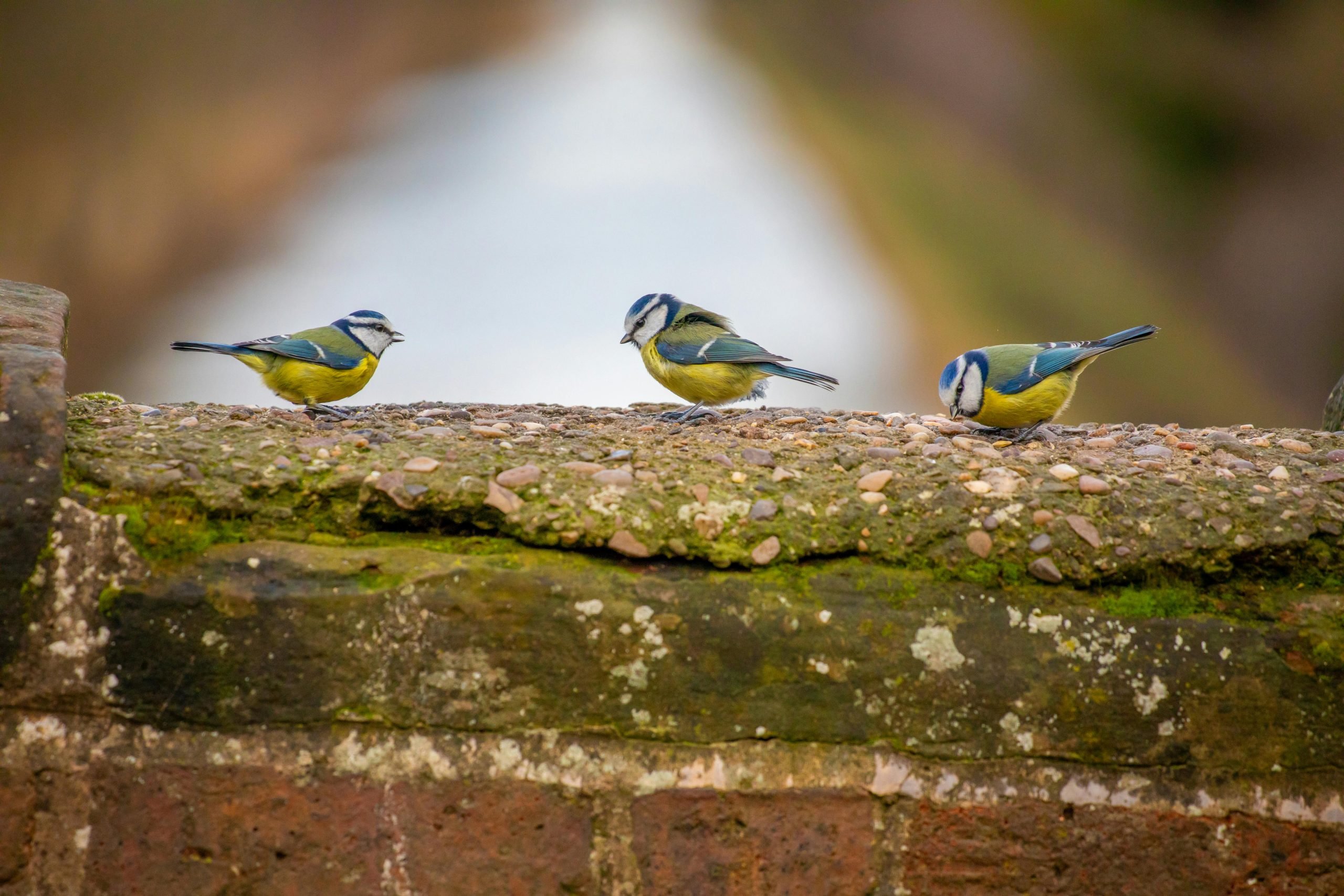Tea Break Read – Respect Our Feathered Friends: Protecting Wild Birds This Spring and Beyond
As the days grow longer and the air fills with birdsong, it’s clear that spring has arrived—a crucial time for our wild birds. Nesting season is one of the busiest and most vulnerable periods for birdlife across the UK.
Here at O’Brien Media, we want to highlight the importance of treading carefully and respecting nature, not just now but throughout the year.
Understanding Legal Protections
The Wiltshire Rural Crime Team recently sent out a reminder to their mailing list reminding people about the laws in place to protect wild birds under the Wildlife and Countryside Act 1981. These laws help ensure our countryside remains a safe haven for a wide range of species, from common garden visitors to rare and threatened birds like barn owls and ospreys.
Key provisions include:
- All wild birds are protected by law.
- It is illegal to harm or take wild birds, their nests, or their eggs.
- Disturbing ground-nesting birds can be especially harmful—dog owners are advised to keep their pets on leads in countryside areas during nesting season.
- Schedule 1 species (like barn owls and bitterns) receive extra protection, especially while they’re nesting.
Practical Steps to Support Nesting Birds
Beyond adhering to legal protections, there are several practical steps we can all take to support our feathered friends during this critical time:
1. Maintain Natural Nesting Sites
Many birds rely on hedges, shrubs, and trees for nesting. The RSPB advises against intensive pruning or hedge-cutting between March and August to avoid disturbing active nests. Always check for nests before trimming.
2. Provide Artificial Nesting Options
Installing nest boxes can offer safe nesting sites, especially in areas where natural options are scarce. The RSPB provides guidance on selecting and positioning nest boxes to maximise their effectiveness.
3. Offer Wild Bird Food and Water
Supplementary feeding supports birds, particularly during nesting season when their energy demands are high. Provide a variety of foods such as seeds, suet, and mealworms, we can personally recommend Hedge Buddies garden bird food mixes. Keep feeders and bird baths clean to prevent disease.
4. Create a Safe Garden Environment
Domestic cats and other predators pose significant risks to nesting birds. Use deterrents to keep predators away and be cautious with garden netting. Improper use can trap and injure birds—always secure and check netting regularly. Read more via the RSPB’s netting guidance.
5. Be Mindful During Outdoor Activities
Stick to public footpaths and keep dogs on leads when walking in the countryside to avoid disturbing nesting birds. This small step can make a huge difference to the survival of young birds. Read more on the RSPB blog.
The Role of Community and Continuous Learning
Engaging with local conservation groups or participating in citizen science projects can deepen your understanding and commitment to bird protection. The RSPB offers resources to help individuals and communities make a positive impact.
Conclusion
Protecting wild birds during nesting season is a shared responsibility that requires awareness, respect, and proactive efforts. By understanding legal protections, providing supportive environments, and minimising disturbances, we can all play a part in ensuring that our gardens, parks, and countryside remain vibrant with the sights and sounds of thriving bird populations.
Let’s cherish and safeguard our feathered friends—not just in spring, but all year round.


